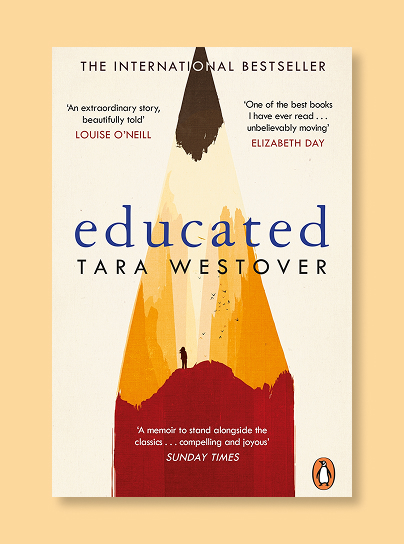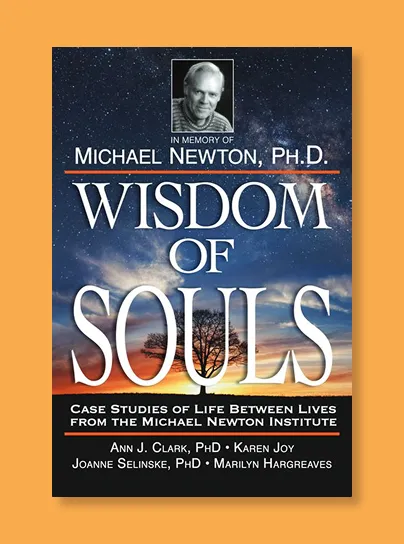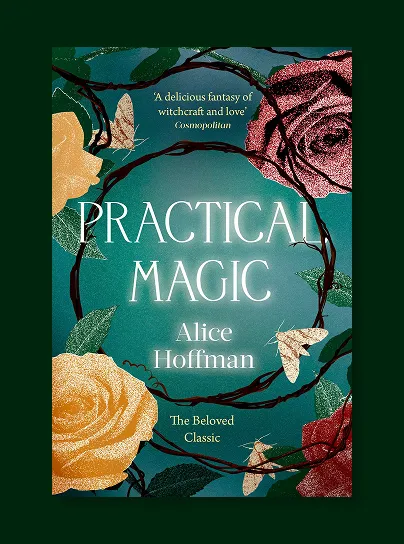
Babel
An excellent novel that touches on many topics, some with a hammer, others with a feather. If you aren’t open to certain things, you won't accept or even notice them. Through crafting an imaginative structure, the author is able to show us undeniable truths.
Ms. Kuang created a department and building at Oxford and a Britain built on silver-technology to build a story that shows us the darkness of colonialism, the ideas behind 'white supremacy’, intellectual slavery, and the hubris of entitlement based on skin color and gender.
London was voracious, was growing fat on its spoils and still, somehow, starved. London was both unimaginably rich and wretchedly poor. London – lovely, ugly, sprawling, cramped, belching, sniffing, virtuous, hypocritical, silver-gilded London – was near to a reckoning, for the day would come when it either devoured itself from inside or cast outwards for new delicacies, labour, capital, and culture on which to feed.
The story takes place in the 1830s and, among other things, sets the stage for the beginning of the first Opium War. This appalling aggression of Britain against China - forcing it to open its borders to Western trade and accept a deadly, addictive substance that China didn’t want - wasn’t mentioned in my education. I had no idea that Britain used Indian land and its enslaved people to grow poppies that they would then turn into opium and force China to import. I really appreciate how fiction sometimes introduces me to non-fiction (like The Safekeep does).
We follow four students of Oxford who excel at languages and translation. Three of them were taken from their motherlands when they were young enough to be malleable but not so young that they would forget their mother-tongue as they grew. They were put under the tutelage of a British ward and taught Greek and Latin so they could get into Oxford and help Britain stay in its position as Chief Bully and Gangster of the Earth at that time.
Free trade. This was always the British line of argument – free trade, free competition, an equal playing field for all. Only it never ended up that way, did it? What ‘free trade’ really meant was British imperial dominance, for what was free about a trade that relied on a massive build-up of naval power to secure maritime access? When mere trading companies could wage war, assess taxes, and administer civil and criminal justice?
But three of the four of these students (the ones who are not white) cannot put their personal comfort over the comfort of the people of their homeland.
When the level of resistance accidentally moves from clandestine to Britain-shattering, I sometimes felt the book was a bit too long (it’s 547 pages). The plot never flags but there is a lot of philosophical processing by the characters - all necessary, really, for the reader to understand the nuances, but I was ready for the ending when it finally came.
‘But that’s precisely the devil’s trick,’ Robin insisted. ‘This is how colonialism works. It convinces us that the fallout from resistance is entirely our fault, that the immoral choice is resistance itself rather than the circumstances that demanded it.’
I enjoy reading novels written by people from foreign cultures not just because the books expose me to cultural phenomenon I wasn’t taught and superstition and beliefs I wasn't aware of, I also appreciate the literary sensibility.
This author has a light touch, she is extremely intelligent - in more than two languages - and she is able to show us ugly truths in a way that doesn’t make us want to look away. This is excellent writing.



